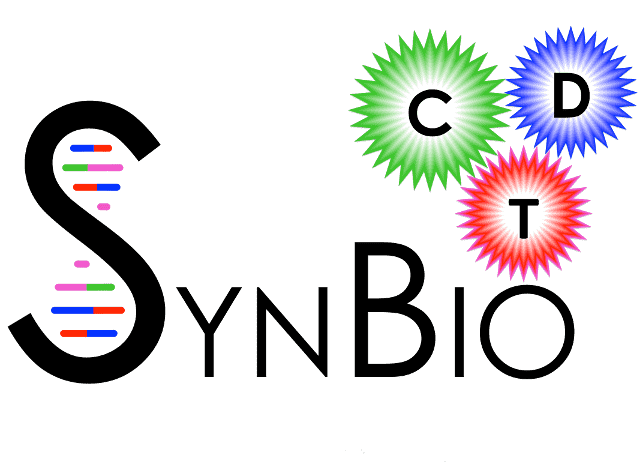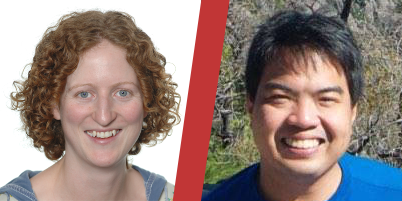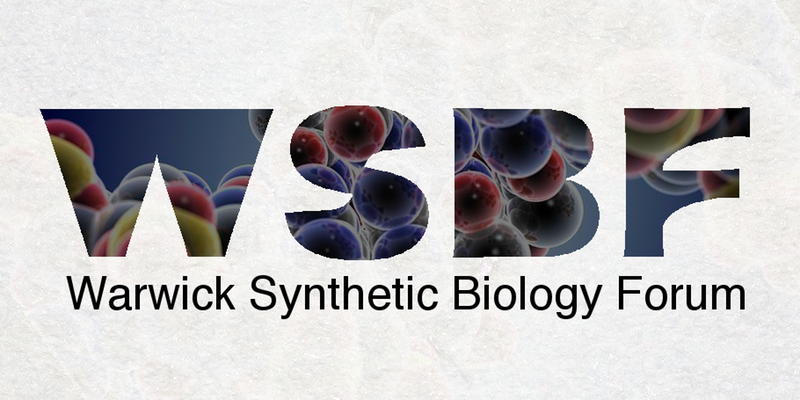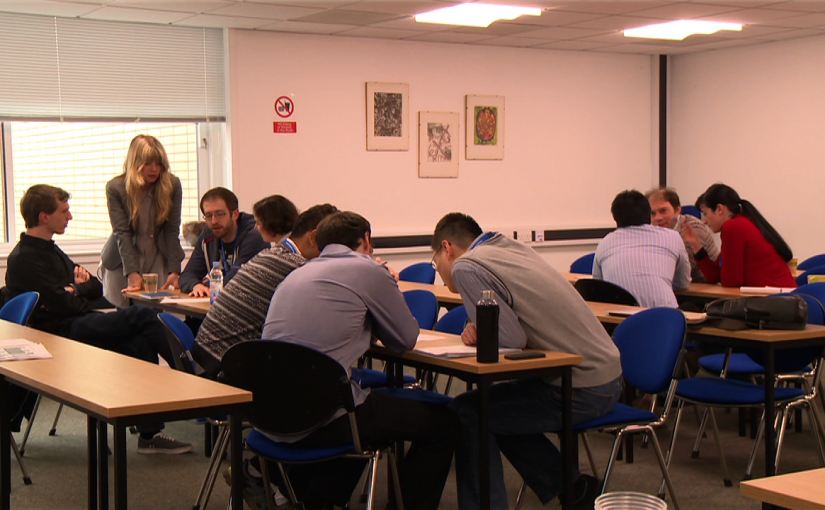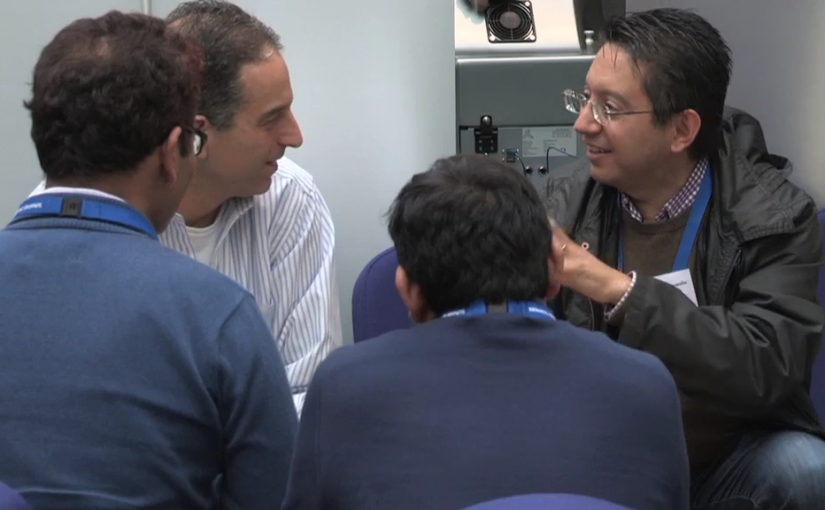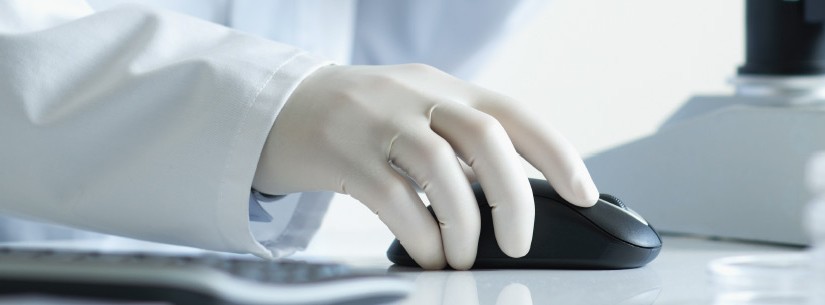The application deadline has just been passed for SynBio CDT PhD studentships starting in October 2017. The 4-year studentships cover UK/EU Overseas Tuition Fees in full and pay an annual stipend.
The SynBioCDT draws upon the breadth and depth of multidisciplinary expertise within the research environment at the Universities of Oxford, Bristol and Warwick to offer comprehensive training in the design and engineering of biologically based parts, devices and systems as well as the re-design of existing, natural biological systems across all scales from molecules to organisms.
Students from a wide range of backgrounds are encouraged to apply.
For more details see the SynBioCDT website.

